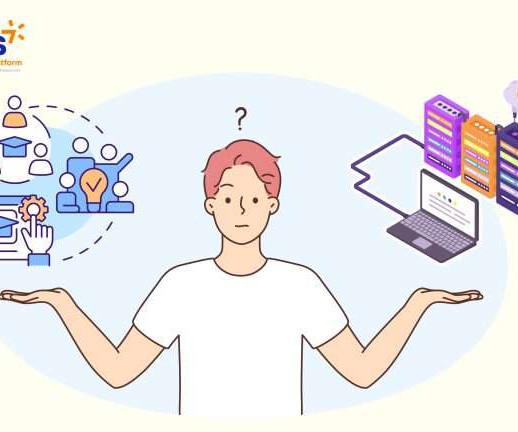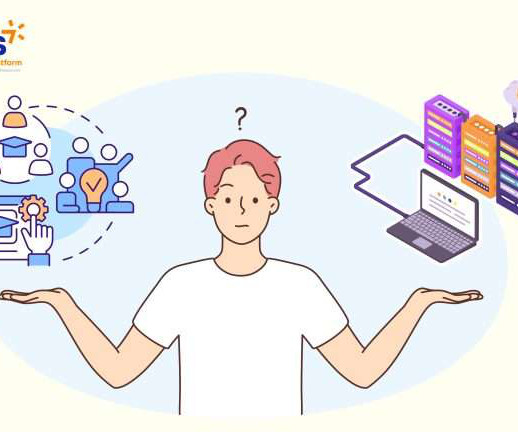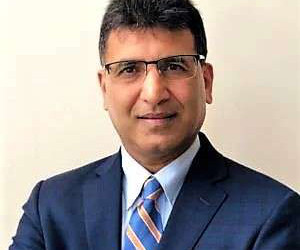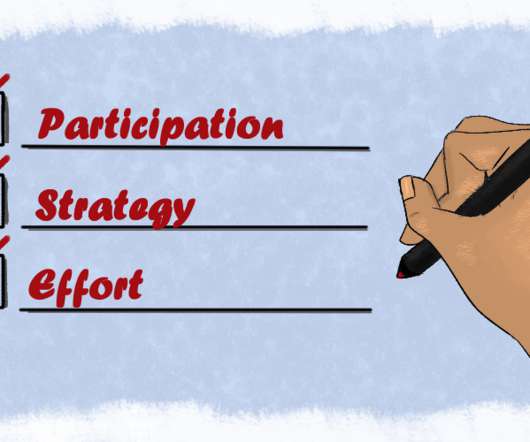A Comprehensive Guide to Social Learning Theory
Gyrus
MARCH 14, 2024
A Comprehensive Guide to Social Learning Theory GyrusAim LMS GyrusAim LMS - Social learning theory’s fundamental tenet is that people learn by watching, copying, and behaving like others in social situations. What Is Social Learning Theory?













Let's personalize your content